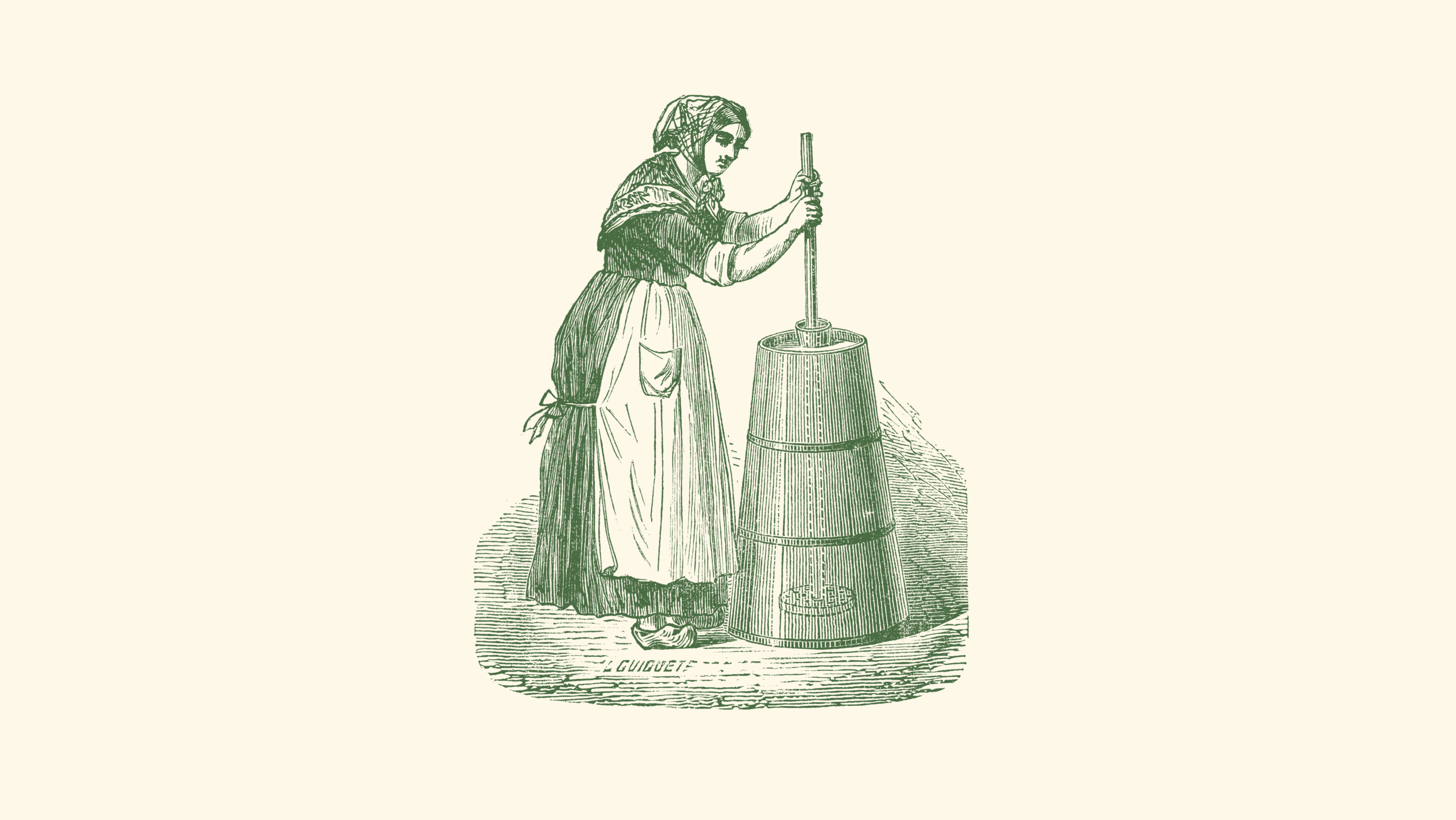One of my favorite games I like to play with A.I. is “rate this article.”
I copy and paste entire stories and out pops a rating, usually somewhere around the 8.8 to 9 range.
It’s a fun way to help me assess whether or not my stories will work as intended. Beyond that, A.I. becomes a tool of diminishing returns for me as a writer and editor.
What I discovered recently, though, is that A.I. will take all kinds of creative license with direct quotations, and that is a troubling reality!
While direct quotations are an amazingly powerful way to support facts and provide evidence for key messages that drive engagement and loyalty, the best way to use them is to leave them alone. And that includes resisting the temptation to have A.I. or anyone else rewrite them.
Put another way, should you choose to rewrite quotes, you run the risk of misinterpreting what a person said, which can come back to haunt you in the form of minor complaints to major legal battles.
Reasons to avoid tampering with direct quotes
Accuracy – A direct quote is meant to capture someone’s exact words. Changing them risks misrepresenting what was actually said.
Credibility – Editing quotes undermines trust. Readers, donors, and journalists expect authenticity.
Ethics – Altering a quote can cross into fabrication, which is a serious breach of professional and journalistic standards. Journalism, nonprofit communications, and academic writing all have strict guidelines about maintaining the integrity of quoted material.
Context – Even small word changes can shift the meaning, tone, or intent of what the speaker said.
Attribution – A quote belongs to the speaker, not the writer. Editing risks attributing words or ideas to someone that they never actually said.
Legal risks – In some cases, misquoting can expose an organization to defamation or misrepresentation claims.
Respect – Preserving someone’s words as they spoke them shows respect for their voice and lived experience.
Any way you look at it, tampering with direct quotes can truly hurt your reputation—even if your intentions are nothing but good.
Support quotes creatively with a unique sense, action, or gesture
The good news? You can totally write your way around direct quotations while keeping everyone happy and your reputation for accuracy humming along.
Here’s what to do.
The next time you interview a person and they come back with a response you’re tempted to “fix,” instead of rewriting the quote, write around it.
Use your other senses — smell, sight, sound, touch — to enhance the emotions conveyed in a mediocre quote.
During this particular interview, I noticed how my interviewee’s arms would spread out like wings anytime she spoke about the depth of her organization. I took note of it as another way to show her excitement without relying on her having to tell me more about it.
Here is my final closing quotation:
Does this open me up for wrongful interpretation of body language?
Yes, it could, but my watertight notes on several instances when my interview subject said she wants her space to be welcoming, assured me that my inference is safe. We also discussed at length how exciting her work was, so this felt safe to me.
Adding action and sensory cues to writing takes a little more effort, but it’s worth it
Focusing on other senses takes a bit of additional attention during your interviews, but the efforts will yield positive and beautiful results. Plus, it’ll keep you, your organization, your cause, your mission and vision ethically sound and creatively driven.
ABOUTLonna Whiting is Garden’s founder and editor-in-chief. She has more than two decades of experience in content marketing, journalism, fundraising communications, and public relations. #ENDALZGET IN TOUCHlonna@gardencommunications.com




